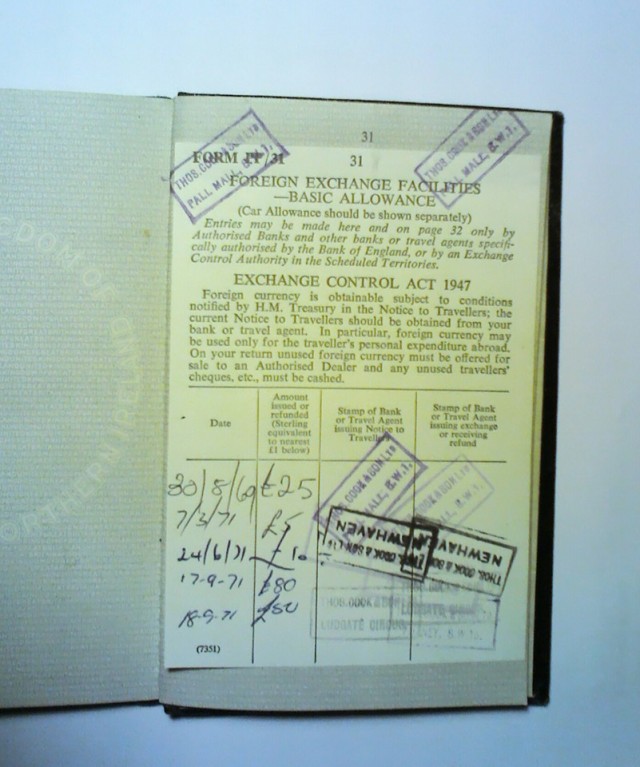Why give up our voice, influence and opt for an uncertain future? I shall vote IN on 23rd June
I copy this here because I can remember everything which Grahame White describes.
By Geoffrey White a member of one of the “SY2E – Remain in the EU” groups.I grew up in a time of post-war austerity. My country, the United Kingdom of Great Britain and Northern Ireland, was broke and virtually in ruins. Germans were still “the enemy” in children’s games. Bomb sites and abandoned air-raid shelters were our playgrounds. Nine years after the war ended butter, meat and sugar were still rationed. One couldn’t buy sweets without coupons issued by the government.
Portugal and Spain were fascist dictatorships. In Spain unauthorised gatherings of more than 3 people were illegal. A military junta later seized power in Greece.
Half of Europe was sealed off behind the Iron Curtain. I remember lying in bed at night, in my parents home, and hearing the roar of American warplanes flying overhead on their Cold War missions. We were told that, if the Russians unleashed their missiles, we would get 4 minutes’ warning of Armageddon.
In Britain our currency was weak. We had exchange controls. Travellers were allowed to take only £25 sterling out of the country plus a limited amount in foreign currency. On return, any left over had to be sold back to an authorised trader. The details were entered in one’s passport. (See photo.)
The UK still had the death penalty despite some obvious and irreversible miscarriages of justice. In France they still executed condemned prisoners by cutting their heads off. In Spain they used strangulation.
The press and the BBC, (there was only the BBC), were not free from government interference and books, films and plays were censored. Women were paid less than men for equivalent work and landlords could turn away black and Irish people with impunity. For private acts of “gross indecency” gay men were sent to prison.
During the 1950s, six similarly devastated European countries were determined that the catastrophe of war between them should never be repeated. They decided to work towards creating a single European economy. The result was never “just a trading agreement” as some detractors now suggest. The Treaty of Rome, signed in 1957, provided for free movement of goods, services, people and capital, with the stated aim of “closer relations between the States”.
The UK was invited to participate from the outset, but Prime Minister Attlee rather scornfully declined, thus missing the opportunity to influence the future development of Europe. However, by 1961 it had become obvious that the economies of “the Six”, (France, West Germany, Italy, the Netherlands, Belgium and Luxembourg), were growing faster than ours, so we applied to join. It took 9 years of negotiations, (and 2 vetoes), before terms were agreed. The United Kingdom officially joined the European Communities on 1st January 1973.
In the 1980s many of our skilled workers took advantage of the free movement of people and migrated to West Germany, whose economy had already overtaken ours. These British ” migrants” were the inspiration for a popular television series, “Auf Wiedersehen, Pet”.
Since 1945 there have been wars in Europe, but none between countries that were members of the European Union. Despite global economic storms, the EU’s citizens in 28 independent countries enjoy greater prosperity and greater freedom of movement, freedom from discrimination, freedom from conflict, freedom to trade across borders and freedom of expression than at any time in history.
So far no country has ever applied to leave the EU. There have always been candidates to join but to succeed they must have democracy, the rule of law, a market economy and guarantees for the protection of minorities and human rights. They also need the support of ALL existing members, including us, without which they cannot join.
In my opinion it would be a shame if Britain were to turn its back on Europe, give up its voice and influence, and opt for an uncertain future. So…I shall vote IN on 23rd June.

No comments:
Post a Comment